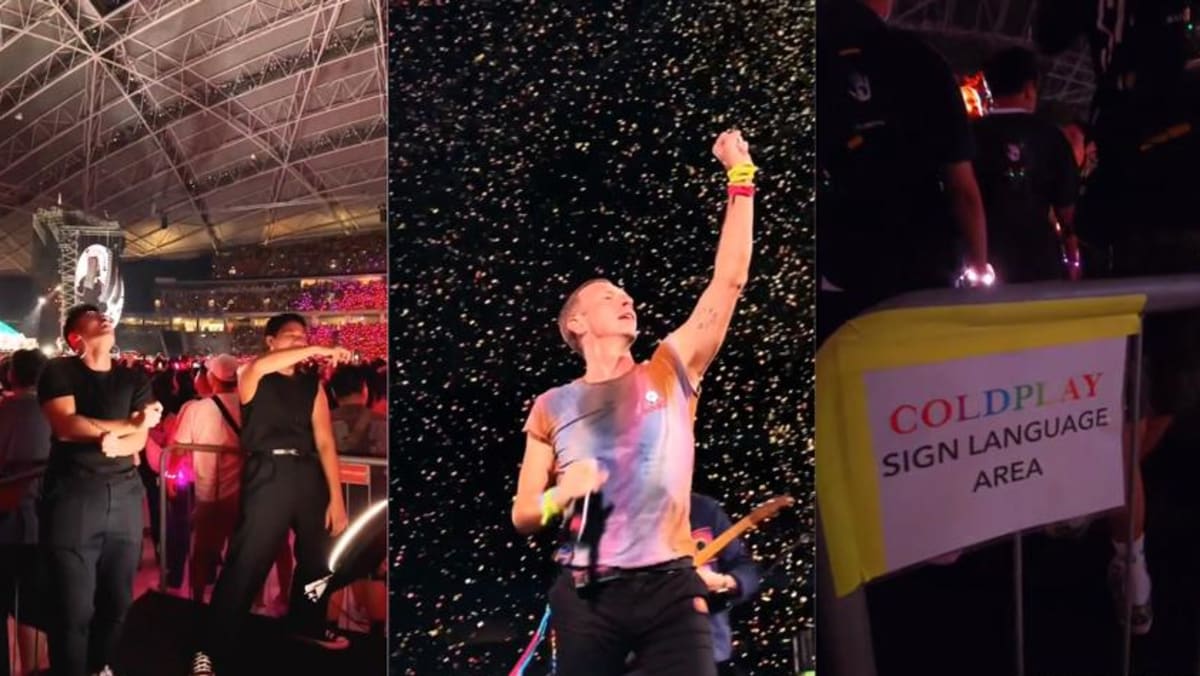I’m not tone deaf anymore
Many concert organizers have been exploring assistive technologies that give people the opportunity to realize the full potential of their live music experience. For example, vibrating vests, floors, and wearable sensors enable whole-body listening in ways never seen before.
We can provide noise canceling headphones for those who need them. And soon, we may be able to consider Bluetooth technology like Auracast, which streams audio directly to a cochlear implant sound processor to enhance the concert experience for the recipient. Newer models of cochlear implants are no longer restricted to producing sound at a pre-fixed volume and also include adjustable settings that allow individuals to adapt to the sound profile of their surroundings.
More notably, concert organizers have begun to make it a practice to hire sign language interpreters who can provide the same high that many fans get at concerts. There are nuances to navigate here.
Firstly, the Deaf community here uses Singapore Sign Language (SgSL) and it is unlikely that a foreign interpreter will be able to fluently interpret SgSL songs, so this job requires a local interpreter. Is required.
Secondly, there is not much demand for song interpreters in Singapore. In an interview after Coldplay’s concert, the interpreters said they conducted research to find unique ways to provide vivid visual interpretations to effectively convey the metaphorical meaning of the lyrics.
Interpreting songs can be a daunting task, as you need to use your hands, feet, and facial expressions to convey the mood and tone of each song. They must find a way to maintain the energy throughout the concert while interpreting not only the song’s lyrics, but also the instruments used in the background music.
But that’s not all. Live music is important, but the truth is that the concert experience begins the moment you arrive at the venue and ends the moment you leave. Concert organizers also need to think about how they can ensure fans can comfortably enter and exit the venue.
For example, should announcements be made through traditional speakers? Can they be streamed directly to hearing aids? How can sensory overload from things like light and noise be reduced for people with autism?
In other words, for live music to become truly accessible, we need to consider how the concert experience is understood differently by people with different degrees of hearing loss.
Standard reproduction at concerts continues to be practiced, but the more concerts like Coldplay set an example, the more likely other concerts will learn from and join in with their best practices.
Amy Zheng is Cochlear’s General Manager of Asian Growth Markets.

ST666